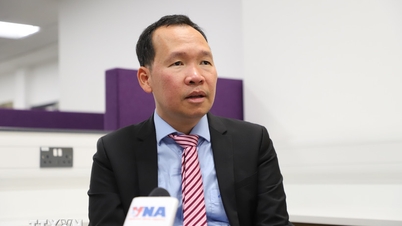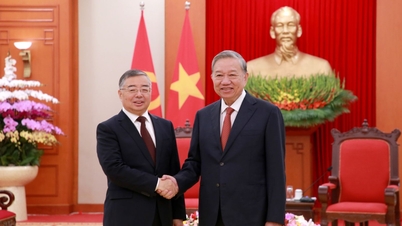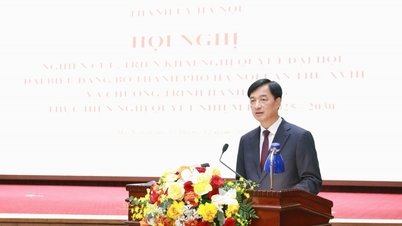The International Labour Organization predicts global unemployment will rise by more than 5% this year.
The International Labour Organization (ILO)'s " World Employment and Social Outlook: Trends 2024" report forecasts that the global unemployment rate in 2024 will increase by 2 million people, from 5.1% in 2023 to 5.2%.
Last year, global unemployment improved compared to the previous year. However, real wages still fell in most G20 countries as wage growth failed to keep up with inflation.
Working poverty persists as the number of workers living in extreme poverty (earning less than $2.15 a day) increases by about 1 million in 2023. The number of workers living in moderate poverty (earning less than $3.65 a day) increased by 8.4 million last year.
According to the ILO, large differences remain between high-income and lower-middle-income countries. While the employment gap in 2023 will be 8.2% in high-income countries, it will be 20.5% in lower-income countries. Similarly, while the unemployment rate in 2023 will remain at 4.5% in high-income countries, it will be 5.7% in low-income countries.
Income inequality is also on the rise, the report also warned, adding that the erosion of real disposable income bodes ill for aggregate demand and a sustained economic recovery.
The share of informal employment is expected to remain unchanged, accounting for around 58% of the global workforce in 2024.
The ILO also assessed that, after a brief boost after the pandemic, labor productivity has returned to its decade-low levels. The organization found that despite technological progress and increased investment, productivity growth continues to slow.
One reason is that a significant amount of investment is directed towards less productive sectors such as services and construction. Other barriers include skills shortages and the dominance of large digital monopolies, which hinder faster technology adoption, especially in developing countries and sectors dominated by low-productivity firms.
Mr. Gilbert Houngbo, Director-General of the ILO, said falling living standards, low labor productivity, combined with persistent inflation were causing increasing inequality and hindering efforts to achieve social justice.
He noted that without improving social equity, the world will never achieve a sustainable recovery, and called for a swift and effective resolution of workforce challenges.
Duc Minh
Source link



![[Photo] Deep sea sand deposits, ancient wooden ship An Bang faces the risk of being buried again](https://vphoto.vietnam.vn/thumb/1200x675/vietnam/resource/IMAGE/2025/11/13/1763033175715_ndo_br_thuyen-1-jpg.webp)







































































![[Photo] Panorama of the 2nd Vietnam-Cambodia Border Defense Friendship Exchange](https://vphoto.vietnam.vn/thumb/402x226/vietnam/resource/IMAGE/2025/11/13/1763033233033_image.jpeg)























![Dong Nai OCOP transition: [Article 3] Linking tourism with OCOP product consumption](https://vphoto.vietnam.vn/thumb/402x226/vietnam/resource/IMAGE/2025/11/10/1762739199309_1324-2740-7_n-162543_981.jpeg)







Comment (0)